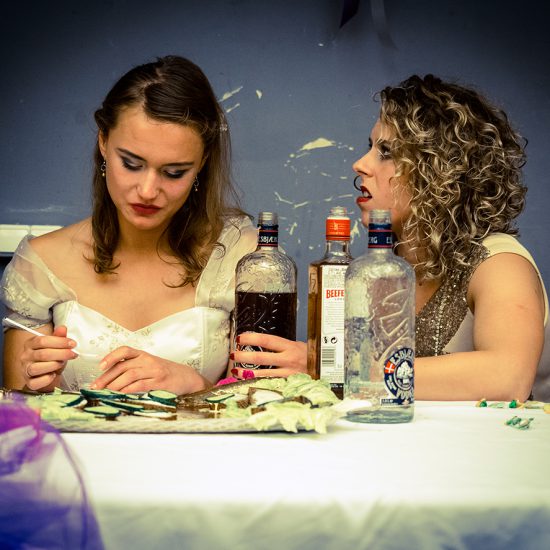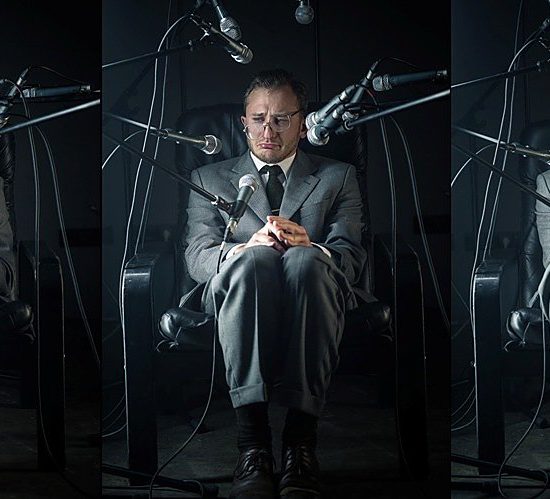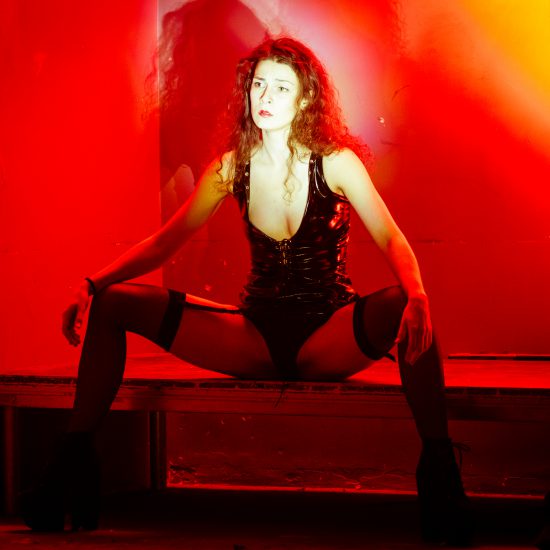Lithuanian Theatre Spreads its Wings for Flight in International Theatre Festival “Sirenos”
[…] This time, the surreal process of identification involves “his own” Prospero, who, being physically confined to his room, flies out on the wings of Shakespeare’s imagination. He is not a dethroned king exiled to a remote island, but one of those intellectuals, who are still able to release their imagination and keep their spiritual freedom despite being rendered helpless and imprisoned in the libraries of their homes. Miranda is the daughter of this Prospero, but not only. The new staging turns her into an extremely difficult character, symbolic and realistic at the same time. She is a disabled girl – this is what we see in the beginning. Curled up in her armchair, she spits out her soup, because she wants to be fed dreams. She wants her father to read to her and let her live out the happy fairytale of Miranda. But when this book-filled library is transformed into a magical theater where the father plays all the characters, that’s when she turns into Shakespeare’s Miranda, who is suffering because of her shipwrecked destiny and falls in love with Ferdinand, but also becomes Ariel, and finally spreads her wings for flight, because, as Koršunovas wants to tell us, she is, after all, Prospero’s free spirit.
Laura Caretti, Hystrio, 2013 No. 1



